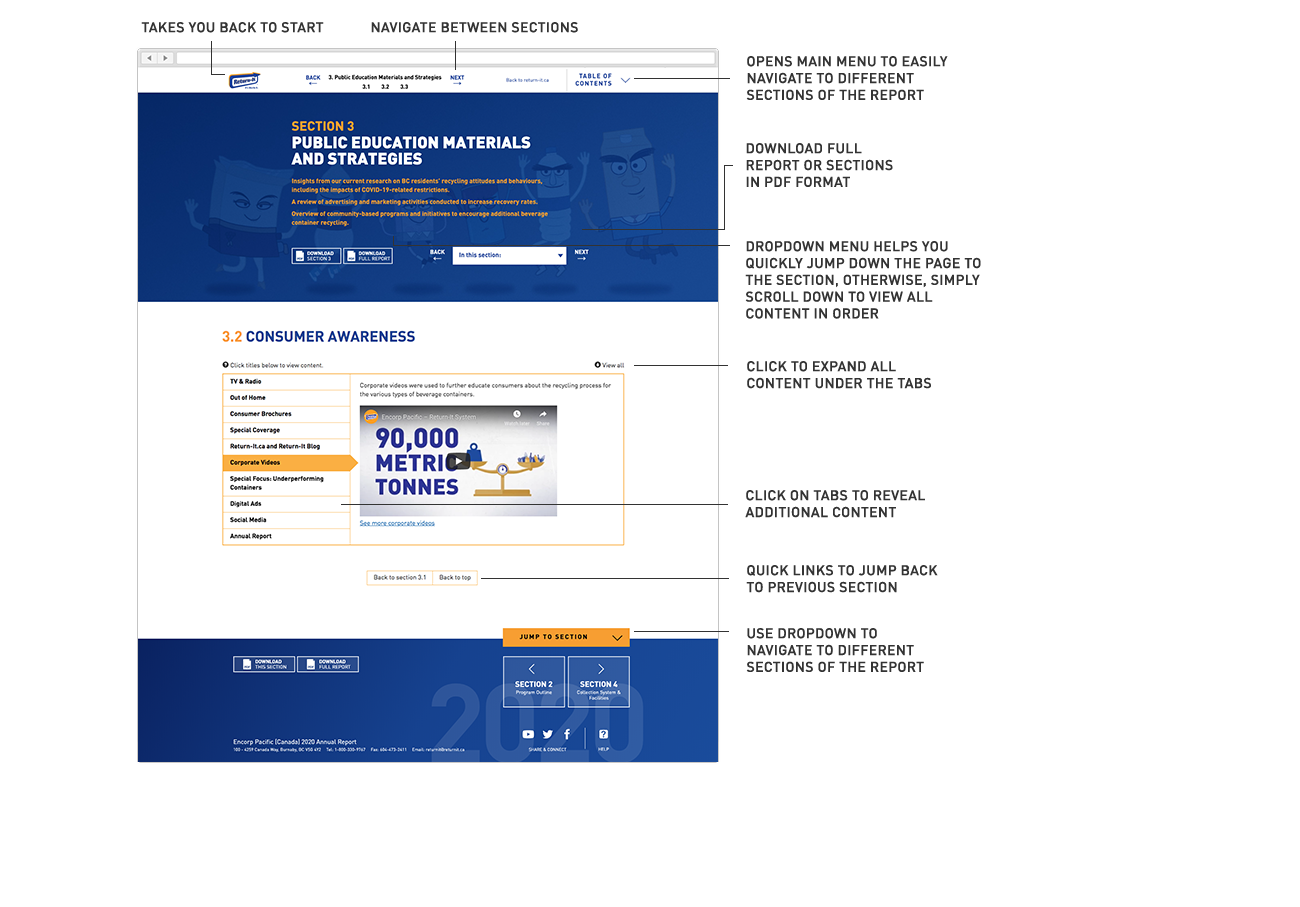Section 2 Program Outline
- Our vision, mission statement and strategic business model.
- Message from the Chair and CEO; successes and opportunities in 2020.
- Our newly developed social purpose statement, organizational values and associated key initiatives.
2.1 What Drives Us
Encorp Pacific (Canada) is the not-for-profit stewardship agency appointed to fulfill the requirements of the Recycling Regulation, Schedule 1, Beverage Container Product Category (BC Reg.449/2004). The Encorp Stewardship Plan covers all ready-to-drink beverage containers for soft drinks, juice, water, wine, coolers and spirits, plus nonrefillable beer bottles sold in British Columbia.
Encorp has been leading extended producer responsibility performance in Canada for 26 years and has diverted more than 21 billion beverage containers from the landfill. return-it.ca
- Role
- Our role as a stewardship agency is to facilitate brand owner/producer compliance with the Recycling Regulation by organizing recycling programs, from collection and transportation through to final recycling into a variety of end-of-life packaging and products.
Encorp's Business Model
Since its inception, the Encorp business model has utilized outsourcing as the key component for delivering on its mandate.
Encorp has developed and maintained a set of core competencies within a small managerial and administrative team responsible for strategic planning, financial management, consumer awareness, infrastructure development, information technology and public transparency. All other operational activities are delivered through a network of independent contractors such as depot operators, transporters and processors. This contract management model allows Encorp to regularly test the marketplace to ensure that contract prices are competitive.
The advantages of this model include:
Market-based costs – Regular reviews of costs ensure that we capitalize on any recent improvements in efficiency and technology.
Scalability – Changes in demand can be accommodated rapidly.
Flexibility – Changes in market behaviour can be quickly adapted to.
Innovation – New ideas can be tested, assessed and, where feasible, incorporated into the overall business model.
In essence, the Encorp model is similar to that of many manufacturing industries, which retain their key strategic strengths in-house but outsource most aspects of producing their products. The flexibility of this model makes it possible for Encorp to continue adapting to changing market trends.
2.2 Our Social Purpose
Encorp completed the first phase of this initiative in 2019 through an extensive year-long process that included research, extensive employee and stakeholder consultations, and stakeholder testing. The goal was to define a social purpose statement that speaks to why we exist for the betterment of society, stakeholders and our community, and the social value and benefits that define our organization.
At the end of the phase one, we defined a statement that embodies our commitment to creating a better future for people, communities and the planet: We exist to foster a world where nothing is waste.
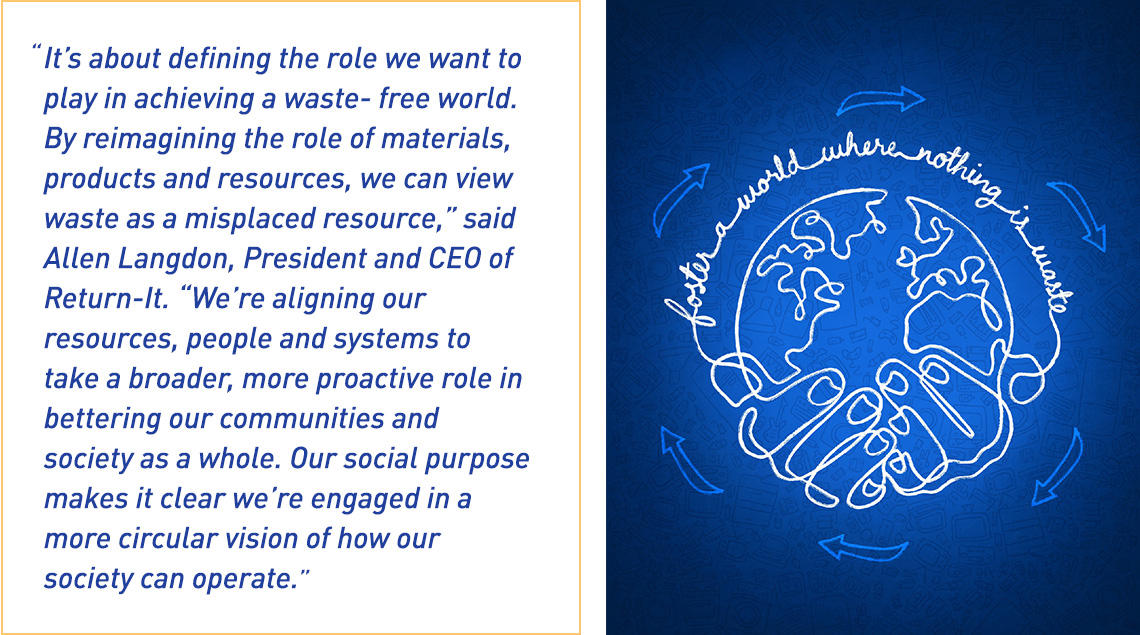
This social purpose will inform our strategic direction for the next 25 years. It encapsulates the leading role we will continue to take to support a circular economy through partnerships, community engagement, investments in new technology, research and innovation. Some of the ways we are already bringing our statement to life include:
- Innovative partnerships to accelerate solutions for addressing plastic waste in oceans and waterways
- Increasing recycling rates in the province through system improvements like Return-It Express
- A commitment to recycle 80% of the plastic beverage containers sold in BC by 2025
- A commitment to phase out single-use plastic film in our supply chain by 2025
- Decarbonizing our transportation fleet by piloting Canada’s first-of-its-kind compressed natural gas hybrid-electric compaction truck
- Engaging organizations around the world to share British Columbia’s best practices and leadership on recycling and extended producer responsibility
In 2020, our social purpose also enabled us to lean in, adapt and pivot during a challenging time. Looking ahead to 2021, we will continue to embed this statement across our organization, using it to guide our decision-making processes, and to ensure we are all aligned on a shared vision of a sustainable future.
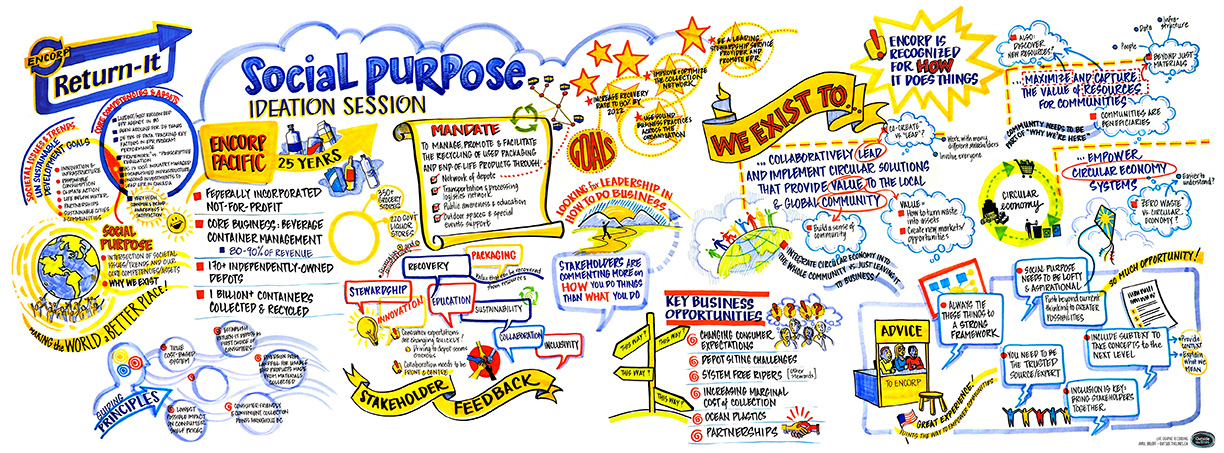
2.3 Message From the Chair
At the end of my remarks in last year’s Annual Report, I predicted that 2020 could be “an unusually challenging year”. Talk about an understatement. As we all know, 2020 proved to be the most challenging year in most of our lifetimes. The disruption wrought by the spread of COVID-19 forced all of us to change the way we lived, worked and interacted with others. At Encorp Pacific (Canada), it was no different.
Within days of the World Health Organization’s declaration of a pandemic, our management team implemented drastic changes to our business processes and practices, working closely with our Return-It depot partners to safeguard the public and the people who operate the system. As Directors of the corporation, we were in awe of the speed and proficiency with which the changes were implemented, and we are deeply appreciative of everyone’s efforts.
Even without the pandemic, it would have been an eventful year. In June, British Columbia’s Ministry of Environment and Climate Change Strategy announced several changes to the province’s Recycling Regulation, some of which will evolve and impact Encorp’s operations in the coming years. Of these, the provision to increase the minimum deposit on beverage containers, which in turn enabled Encorp to implement a unified deposit to simplify the sorting process and reduce customer confusion, was perhaps the most significant system change in over 20 years.
Necessity is the mother of invention, and during the year, the imperative to reduce touch points in the collection system accelerated the implementation of new technology at Return-It centres and across the supply chain. Many of these changes are described elsewhere in this report. In addition, efforts to provide British Columbians with access to collection points in challenging locations, whether in remote communities or in densely populated areas where suitable real estate is limited, continued despite the business constraints triggered by the pandemic.
That said, these initiatives had been planned well prior to the start of the year and are key elements of Encorp’s strategic plan. That plan foresees a customer-centric system that drives the recovery of recyclables by enhancing customer satisfaction and optimizing the collection system through efficiency and innovation. In 2020 this meant simplifying the customer experience while providing assurances of customer safety at all collection points.
Not surprisingly, the extraordinary events of the past year affected our business results in unanticipated ways. Our planned deficit turned into an $876,000 surplus, as lower refunds generated higher net revenue. Similarly, our key performance indicator, the recovery rate for beverage containers, was impacted as British Columbians returned fewer containers relative to purchases, especially during periods of tight restrictions on commercial activity.
As I write, there is hope that the situation is improving and that economic activity, including recycling activity, will start to resemble more normal patterns later in 2021. However, the situation is by no means certain, and as an organization, we and our partners will remain agile and flexible for some time to come. Still, we are well positioned to meet the ever-increasing expectations of EPR in 2021 and beyond.
I am grateful for the efforts of all our people – our staff, our depot operators, retail and other business partners and, of course, our Board of Directors – who did whatever was necessary to ensure that British Columbians had access to safe, reliable collection and recycling services through this most difficult year.

Dan Wong
Board Chair
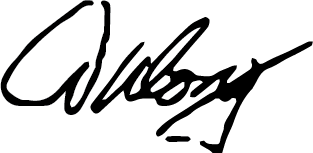
2.4 Message From the CEO
Last year was an unprecedented year with a pandemic that impacted people, communities and our environment. 2020 required new ways of working and living. Through it all, I am proud of how our team came together to pivot during a very challenging time. The pandemic required us to be resilient and adapt our business and operations to protect the health and safety of our employees, customers and communities while delivering innovative, forward-thinking environmental solutions.
In everything we do, we are contributing our resources and expertise to foster a world where nothing is waste. As you will read throughout this report, we are constantly looking for ways to improve British Columbia’s beverage container recycling system to make it easier for consumers to recycle and to ensure future generations can enjoy a healthier province. Whether we are investing in more contactless collection sites or adding hybrid-electric compaction trucks to our fleet, we’re building a stronger recycling system to ensure a growing percentage of material does not end up in our landfills, oceans and waterways.
Following the initial closures of some of our collection facilities in the early weeks of the pandemic, we reopened safely, following risk management strategies aligned with recommendations and guidelines from provincial health authorities, the BC Centre for Disease Control and WorkSafeBC. Although we recorded the second consecutive increase in our recovery rate in 2019, with the temporary closures and reduced hours of operations within our collection network during the pandemic, our beverage container recovery rate declined in 2020 by 1.9% to 76.2%.
Despite this decrease in recovery rate during an unprecedented time, we are optimistic that the investments made in 2020 to modernize our beverage container recycling system to make it easier and more convenient to recycle will lead to a greater percentage of beverage containers being recycled. Our Return-it Express and solar-panelled Express & GO return stations are an example of this. In 2020, we added an additional 13 Express locations across the province. With Express, customers have a convenient and contactless option to recycle their beverage container in less than a minute. As customers looked for more contactless solutions in 2020, the number of customers registered to use the Return-It Express program system more than doubled last year to over 140,000 Express users.
As part of our efforts to reduce our impact on the environment, in July we introduced Canada’s first- of-its-kind compressed natural gas hybrid-electric delivery truck with compaction unit to our fleet to create efficiencies and reduce our greenhouse gas emissions. This is an important step in our efforts to decarbonize our transportation fleet and contribute to the province’s ambitious CleanBC goals to reduce carbon emissions.
All our initiatives are guided by the values that drive our work. Over the past two years, Encorp has been developing a social purpose statement to define our “why” and the positive impact we can make for the betterment of society, stakeholders and the community. Our social purpose statement – “We exist to foster a world where nothing is waste” – is our road map for the future and is embedded throughout our business. Through partnerships, community engagement and investments in new technology, research and innovation, we are bringing our social purpose to life.
We are excited about what lies ahead and the steps we are taking to reduce waste. While our goals are ambitious, our history of innovation and leadership within the industry – and the incredible dedication, resilience and commitment of our team – make me fully confident that our actions are helping to create a greener and more sustainable future. I welcome you to read more about these and other initiatives in this report.
Stay safe,
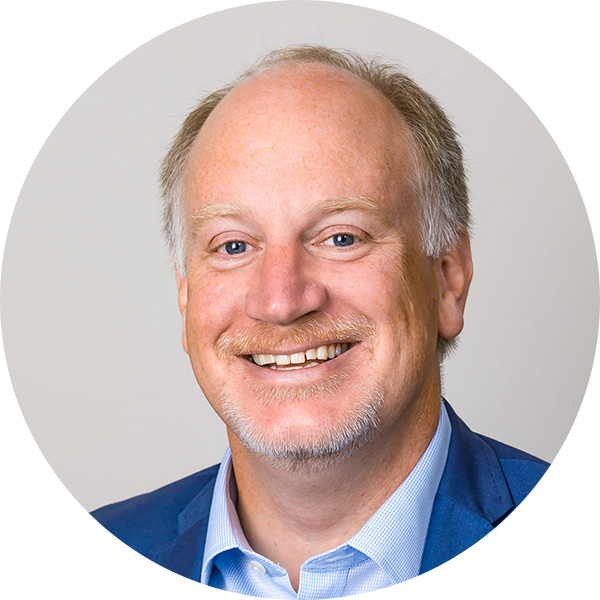
Allen Langdon President and CEO

